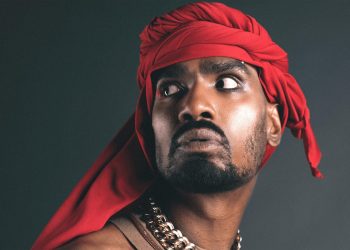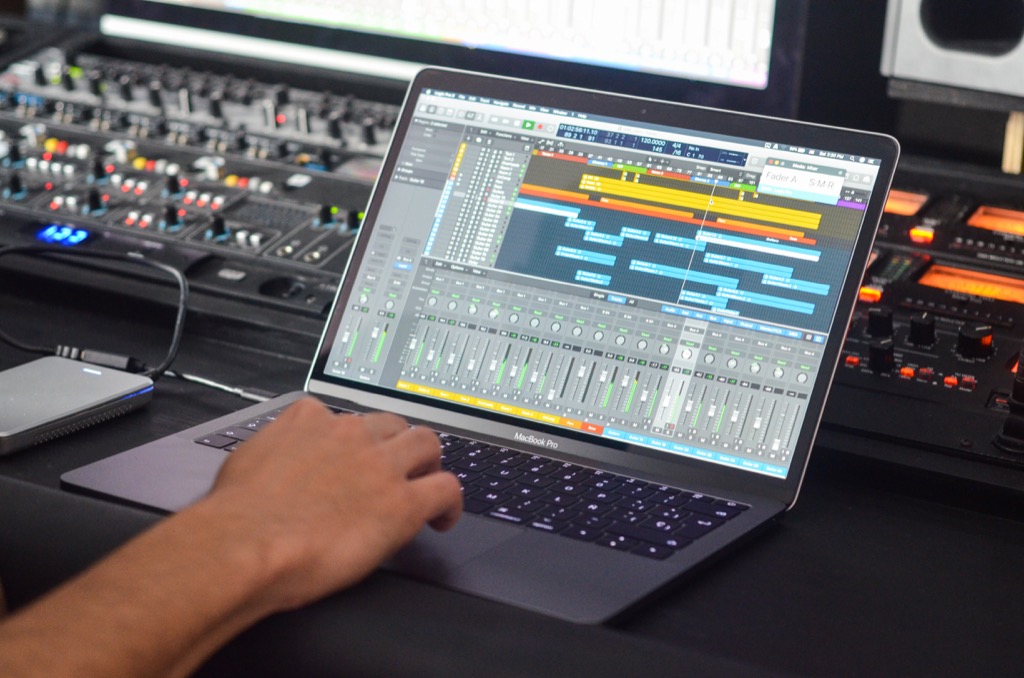Today, Google will be used for over 3.5 billion search enquiries. That’s a serious amount of people who will experience Cey Adams’ doodle for the day which allows them to become a DJ on Hip-Hop’s 44th birthday.
Hip-Hop was supposed to be a fad so for us to be here over 4 decades later still dissecting lyrics, paying homage and most importantly, keeping aware of the socioeconomic conditions which birthed the culture is special. But in celebrating Hip-Hop and its elements, it’s important to remember that the actual art of rapping existed long before August 11th 1973.
The Golden Gate Quartet were rapping on ‘The Preacher And The Bear’ just over 80 years ago, using the same tone and flow as rappers did in the early stages of Hip-Hop. Play The Sugarhill Gang’s ‘Rapper’s Delight’ and then this and the similarities are impossible to deny.
We’re also well aware of the late Muhammad Ali’s brilliant rhymes.
“I have wrestled with an alligator, I done tussled with a whale
I done handcuffed lightning, throwed thunder in jail
That’s bad, only last week I murdered a rock
Injured a stone, hospitalised a brick
I’m so mean I make medicine sick”
Had someone put these same lyrics over a Neptunes instrumental we’d be praising them for dropping some great bars. This same ignorance is applied to rapping in different accents.
Nas and Damian Marley teamed up for Distant Relatives in 2010. At various points on the album, Damian and Nas go back and forth, both rapping over drum beats but only one of them is considered a rapper. Due to the fact that Damian Marley raps in his Jamaican accent, the idea of him being an MC is, for the most part, unanimously rejected.
Why is it that we dismiss these as forms of rapping and romanticise the idea that people magically started rapping on a certain date? There are many cases of rapping which predate Kool Herc’s classic party and it’s crucial that we dispel that myth.
All the way back in 1904, “hip” was common slang for someone who was perceived to be aware, deriving from the word “hipi”. What’s interesting is that “hipi” in Māori (the language native to people of New Zealand) directly translates to “sheep”. Ironically, that’s almost the exact antonym of a hippie. But “hipi” in Wolof, the language of Senegal, is a verb meaning “to open one’s eyes”.
How does this pertain to Hip-Hop? Well, it really is as simple as you’ve probably guessed. The first half of “Hip-Hop” literally means to open one’s eyes – to inform, to educate, to teach.
Where does “Hop” come into play?
Unfortunately, it’s nowhere near as extravagant of an explanation as the first half. Hopping is just a type of movement – but what a movement Hip-Hop has been. In 2007 on a song called ‘Hip Hop Lives’, KRS-One said the following:
“Hip is the knowledge, Hop is the movement
Hip and Hop is intelligent movement or relevant movement”
Intelligent movement. It’s becoming increasingly important for us to remind ourselves of this and its vital not to lie to ourselves about our history. Hip-Hop will live on forever.
– by Akaash Sharma












Discussion about this post